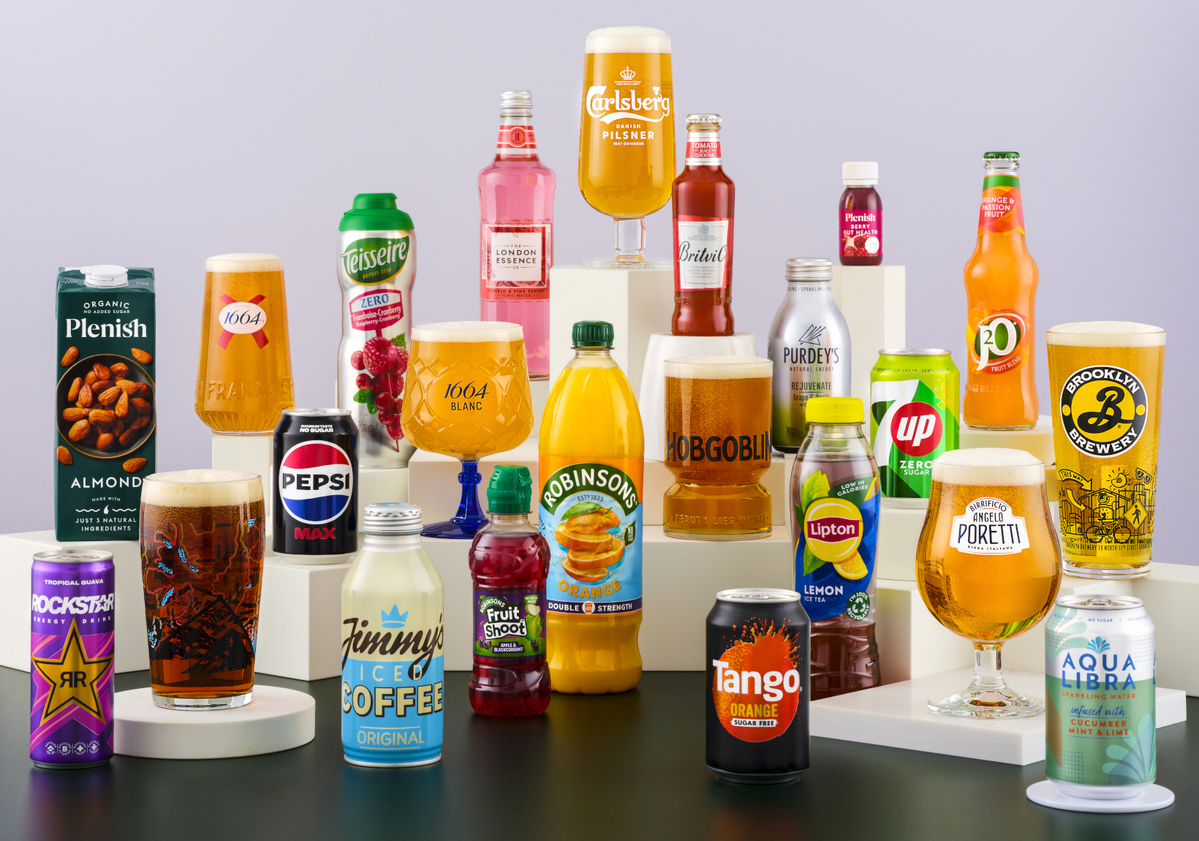Government quizzes FEA on Red Sea crisis’ foodservice supply impact
The Foodservice Equipment Association (FEA) has responded to an urgent request from the prime minister’s office about the impact the Red Sea shipping disruptions are having to trade.
The association was tasked with canvassing its members’ experiences and expectations within 24 hours and subsequently managed to gather meaningful data and feed it back to the UK government.
This follows The Caterer’s own investigation into foodservice equipment dealers’ concerns about the situation.
FEA chair Paul Anderson revealed that many of the association’s members have already been affected by the disruptions, with increased costs to shipping, delays and container shortages. “Some companies have the capacity to absorb the additional costs in the short term, however prolonged exposure will inevitably lead to price increases,” he says.
The problem is exacerbated because some foodservice equipment companies had started to reduce their UK stock levels in line with more stable supply chains. “These new disruptions may lead to supply shortages, which would severely damage businesses relying on shipping,” Anderson adds.
Among the key problems and fears expressed by FEA members, as outlined in the response to government, are: the need to increase prices if the effects of the disruptions are long term; at least two weeks’ extra shipping times; delays leading to key products going out of stock; delays to projects; and increased use of air freight for critical items, consequentially increasing transport costs.
The knock-on impact of the Red Sea attacks has led to additional problems. For example, one FEA member says that a shipment from the USA had been diverted from Felixstowe to Rotterdam at the last minute, due to a shortage of containers at the Dutch port.
“It’s encouraging that the government has reached out to manufacturing industries to get a ‘real world’ insight into these issues,” says Anderson. “Let’s hope that the impact of the disruptions is short-lived. If not, there may be a significant effect on equipment availability and prices.”



















